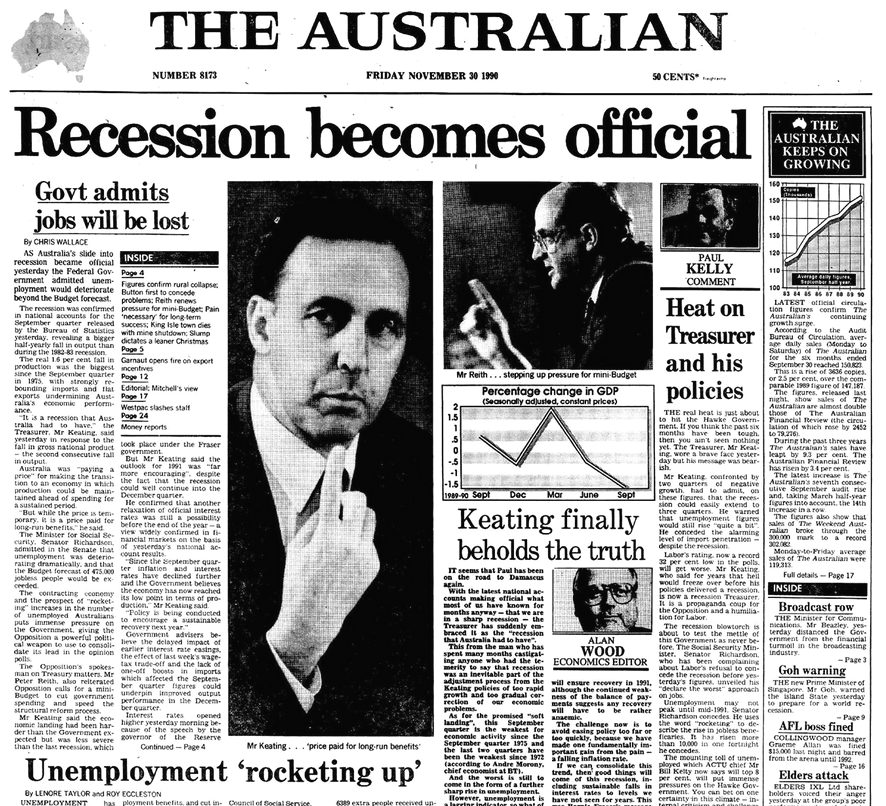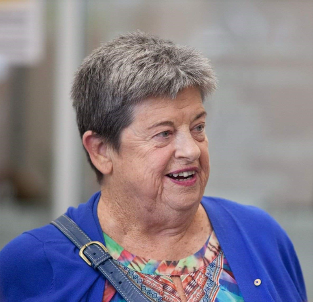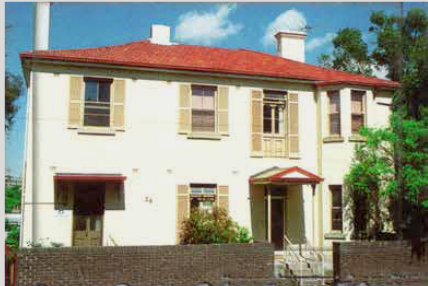
Persisting through recession to expansion.
Consolidation in the 1990s assured our survival and the necessary expansion of our horizons.
Funding has been a persistent challenge throughout our journey and as recession gripped Australia in 1992, we sold outdated properties to free up funds for diversification into new programs like Forest Lodge Youth Hostel (pictured) at Glebe, and broadening our reach into new areas with different needs.
Respected mental health activist Janet Meagher AM joined our Board and we took the lead on National Lived Experience Governance Initiatives.

Early 1990s – Lived Experience Leadership Joins the Board
Respected mental health advocate Janet Meagher AM joined THE PRA Board in the early 1990s, bringing national attention to lived experience governance. Her leadership helped embed recovery-oriented principles into our organisation and inspired broader sector reform. This milestone marked a turning point in how Flourish Australia—and the mental health sector—valued and elevated the voices of those with lived experience.

1992–1995 – Boarding House Relocation Program
Amid financial hardship, we restructured and secured $66 million through the NSW Boarding House Relocation Program. This enabled us to expand supported housing options for people with psychiatric conditions, improving safety, dignity, and recovery outcomes.
1997 – Expansion into Western Sydney
We extended our services into Western Sydney, winning major contracts to deliver rehabilitative housing. This milestone marked a shift toward broader service delivery, reaching diverse communities with tailored mental health support.